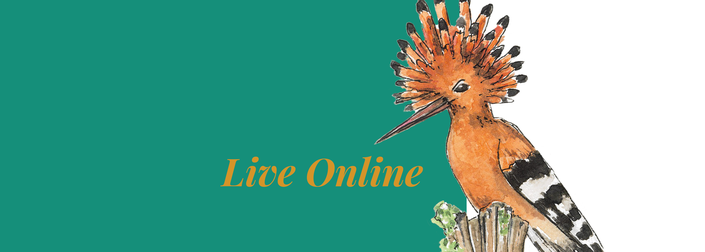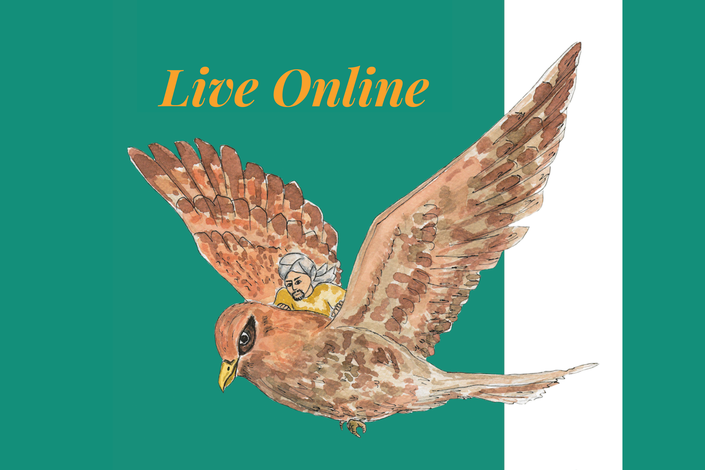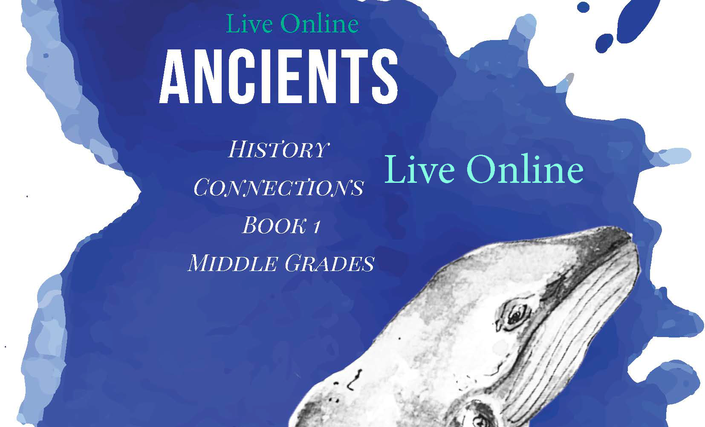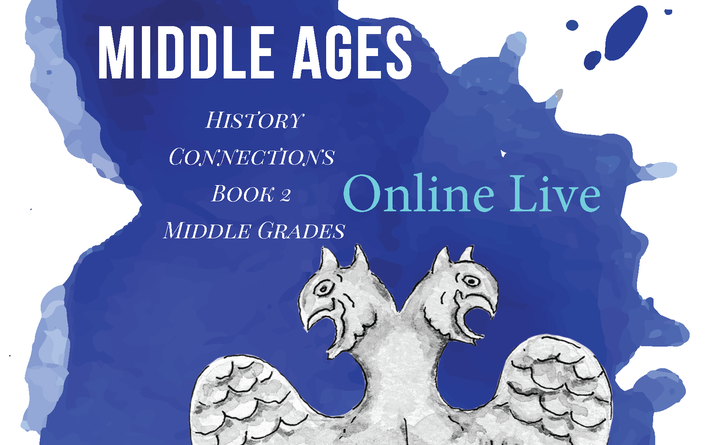Welcome to the
Live Online Course:
Early Modern for Primary Grades!
This course is designed for students in grades 3 and 4.
The course runs for 30 weeks, with 2 lessons each week. This course is aligned with our Primary Grades Book 3 Early Modern.
This course takes you on a journey through history. It starts with the People of the Pacific, visits different empires ruling at the time and ends with the industrial revolution and life in new towns .
Through our journey we will learn about several Muslim empires including the Ottomans, the Mughals and the Safavids. We will learn about how some empires rise and fall.The course is packed with fun activities for kids. The skills and knowledge progress gradually throughout the weeks.
The Primary Early Modern History Course includes the following:
- Live Lessons on Zoom
- Printable worksheets and location maps
- Pages from History Intersections
All student pages will need to be downloaded and printed in color.
Should you prefer to have an actual book in hand, you can purchase a copy of the History intersections here and a copy of the student pages here!
Classes run Monday and Wednesday at 11.30 am PST.
Live on Zoom
Starting September 7th 2025
Hurry up, we have limited spaces!
Please check out our Terms of Use for refund polices

Early Modern
Primary Grade 3
This book integrates Islamic concepts into global history and is packed with hands-on activities, visuals. Additionally, the way information is presented caters to different learning styles, in accordance with our unique teaching methodology IDEALS (See more about this below).
Example Curriculum
History Connections
History in Context
Our history program is called History Connections, because learning history is all about connections: connections to the past, and connections to each other. Knowing what happened in the past helps us make sense of our present. Knowing how we fit into the larger global history, helps us connect to others. Knowing our heritage gives us a place to belong. Knowledge of history even gives us a basis to determine future actions. Currently, the world has become a global community, making global history all the more pressing. This program focusses on teaching 21st century skills, rather than rote memorization of facts, as this teaches students important skills to function in the modern society of the future.
Our History Connection series covers the ancients all the way up to the modern history and current issues. This series is intended for grade 1 through 8.
Every year students will take a chunk of this history. In the first book, students will cover from Creation to about 500 C.E. In the second book, they will cover from 500 C.E. until about 1650 C.E. The third era will cover from 1650 C.E. until the Industrial Revolution, approximately 1850 C.E. The last era, the Modern Era, will cover from 1850 C.E. until our current day.
All Eras have Islamic History integrated within global history, with more attention and time spend on important topics in the history of our Ummah.
The four books in this curriculum are consecutive, not only in chronological information but also in building skills.
IDEALS
Our unique approach to learning is summed up in the acronym IDEALS, which covers several methodologies and skills we believe should be covered in all educational programs,whether for primary students or adults. IDEALS stands for Inquiry Based Learning, Differentiated Learning, Experiential learning, Aptitude Training, Lens of Islam, and Social-Emotional Learning.
Inquiry-based learning is an approach to learning that emphasizes the student's role in the learning process. Rather than the teacher telling students what they need to know, students are encouraged to explore the material, ask questions, and share ideas.

Differentiation means tailoring instruction to meet individual needs. Differentiation is a framework for effective teaching that involves providing all learners a range of different avenues for understanding new information.
Experiential learning is the process of learning through experience, and is more specifically defined as "learning through reflection on doing".
Aptitude Training determines how well-equipped students are to make good decisions and solve problems in their academic, professional and personal lives. Skills are the building blocks that allow students to apply the knowledge they acquire in an academic context to real world problems and situations.
Lens of Islam integrates Islamic knowledge into elements of the academic program in order to provide students with an Islamic lens to view the world and to create connections between the deen and the world at large. Viewing the world through an Islamic lens will increase a sense of purpose and meaning, and allows students to foster their Islamic identity and live with integrity.
Social-emotional Learning is the process through which students acquire and apply the skills necessary to manage emotions and social relationships. According to Goleman, social-emotional intelligence “emerges as a much stronger predictor of who will be most successful, because it is how we handle ourselves in our relationships that determines how well we do once we are in a given job”.






